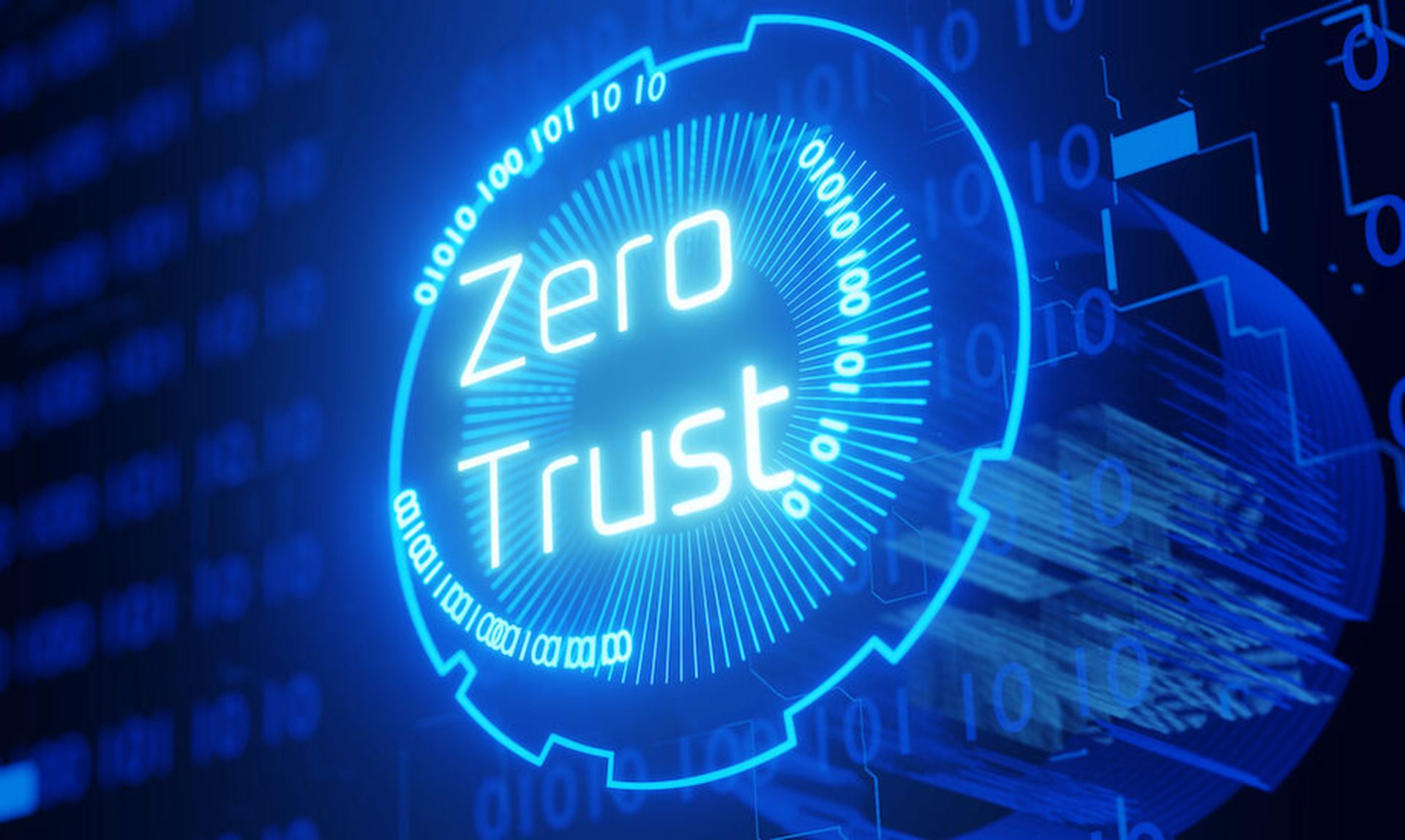A cyberattack vs. CompuCom will cost the MSP between $5 million and $8 million in lost revenue, and up to $20 million in cleanup costs. ODP, parent of CompuCom and Office Depot, disclosed the cyberattack costs on Friday night, March 26. Cyber insurance may cover a portion of the cyberattack costs, ODP added.
CompuCom initially disclosed the malware attack in early March 2021. The attack involved DarkSide ransomware, multiple sources told BleepingComputer. However, CompuCom has not publicly confirmed that assertion. The malware attack arrived at an extremely sensitive time, considering ODP is seeking to sell CompuCom.
CompuCom Cyberattack: Lost Revenue and Cleanup Cost Estimates
Fast forward to present day. CompuCom says the cyberattack has triggered the following costs and financial losses, according to an ODP statement:
ODP disclosed the cyberattack cost estimates on Friday night, March 26 -- after U.S. markets closed and after most U.S. east coast IT media organizations had gone home for the weekend.
CompuCom parent ODP is currently in a quiet period ahead of its Q1 2021 financial results. The first quarter earnings call is scheduled to occur on or about May 5, 2021, ODP added.
CompuCom Up for Sale
The attack comes at a particularly bad moment for CompuCom — considering the MSP is up for sale. Indeed, Office Depot parent ODP Corp. is exploring strategic options for CompuCom, including a potential sale of the MSP business, ODP CFO Anthony Scaglione indicated in February 2021.
Office Depot acquired CompuCom for $1 billion — a lofty 10 times earnings — in October 2017. The IT services business unit has generated mixed performance under ODP’s ownership — though CompuCom President Mick Slattery described key business progress to ChannelE2E in June 2020.
Despite that apparent progress, Office Depot was exploring the potential sale of CompuCom by November 2020, ChannelE2E reported at the time.
Ransomware, Cyberattacks Target MSPs
CompuCom and MSPs of all sizes remain prime targets for malware, cyber and ransomware attacks. Examples include:
How to Protect MSPs From Ransomware
The FBI and U.S. Department of Homeland Security have repeatedly warned MSPs and their technology platform providers about such attacks.
To safeguard against such attacks, ChannelE2E recommends the following MSP steps:
1. Embrace Multi-Factor Authentication: Activate two-factor/multi-factor authentication (2FA/MFA) on all systems — including MSP software platforms, administrator systems and end-user systems where ever possible. Longer-term: Check in with all of your vendors to understand the current state of their 2FA / MFA strategies, upcoming enhancements and multi-vendor relationships.
2. Configure BDR and Security System Alerts: Check in with security and business continuity platform suppliers. Learn how to properly configure BDR and security systems so that administrators receive alerts whenever system settings are changed or adjusted. Longer-term: Potentially explore third-party 2FA/MFA platforms that can assist this effort. Strive to ensure that BDR and security setting updates/changes require an approved MSP administrator who has 2FA/MFA access.
3. Embrace an MSP Documentation Platform to document your data protection and cybersecurity processes, disaster recovery plans, etc.
4. Stay Informed: Sign up immediately for U.S. Department of Homeland Security Alerts, which are issued by the Cybersecurity and Infrastructure Security Agency. Some of the alerts specifically mention MSPs, CSPs, telcos and other types of service providers.
5. Build Your Long-term Plan: Study the NIST Cybersecurity Framework to understand how to mitigate risk within your own business before moving on to mitigate risk across your customer base.
6. Boost MSP Employee and End-user Awareness: Explore cybersecurity awareness training for your business and your end-customers to drive down cyberattack hit rates.
7. Integrate Wisely: Connect the dots between your cybersecurity and data protection vendors. Understand how their offerings can be integrated and aligned to (A) prevent attacks, (B) mitigate attacks and (C) recover data if an attack circumvents your cyber defenses.
8. Partner With MSSPs: All MSPs need to get more serious about managed security services. But it’s unwise to suggest that all MSPs will transform into full-blown MSSPs. As an MSP, decide which pieces of the risk mitigation puzzle you can truly manage, then partner up with a true MSSP to fill your gaps. (Related: Top 250 MSSPs, from MSSP Alert.)
9. Refocus Your Travels: As face-to-face conferences get canceled amid the coronavirus pandemic, explore virtual alternatives to continue your cyber education.
10. Additional Suggestions: If you are aware of such attacks and have best practices for risk mitigation and recovery, email me: Joe@AfterNines.com.




